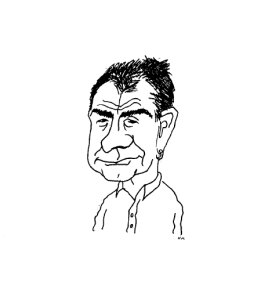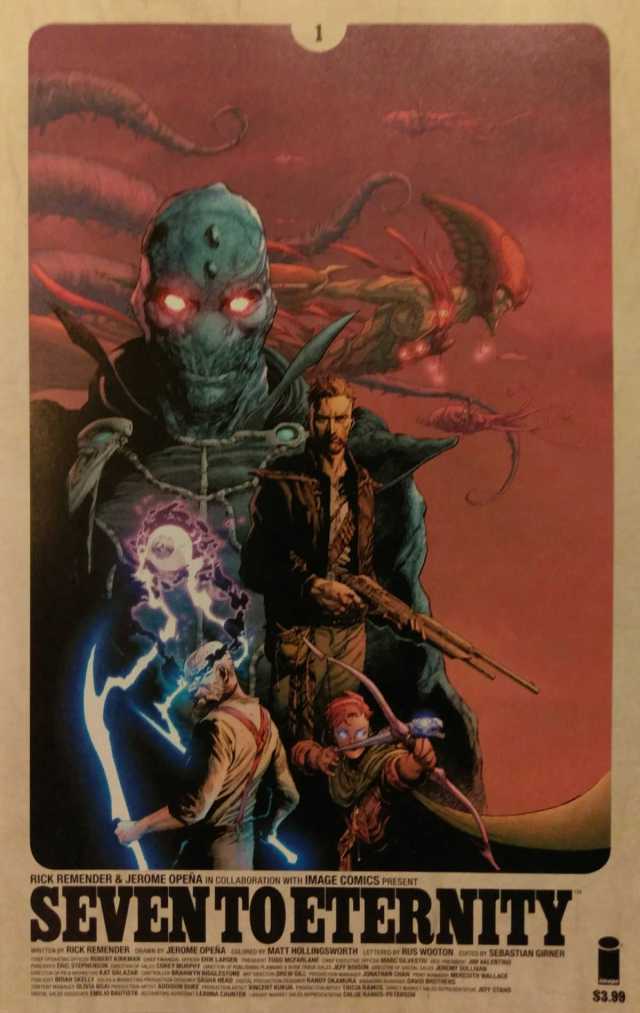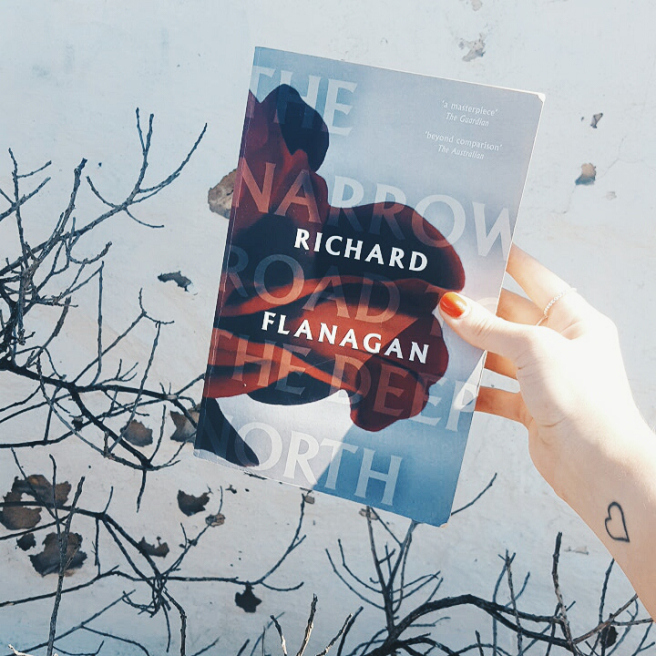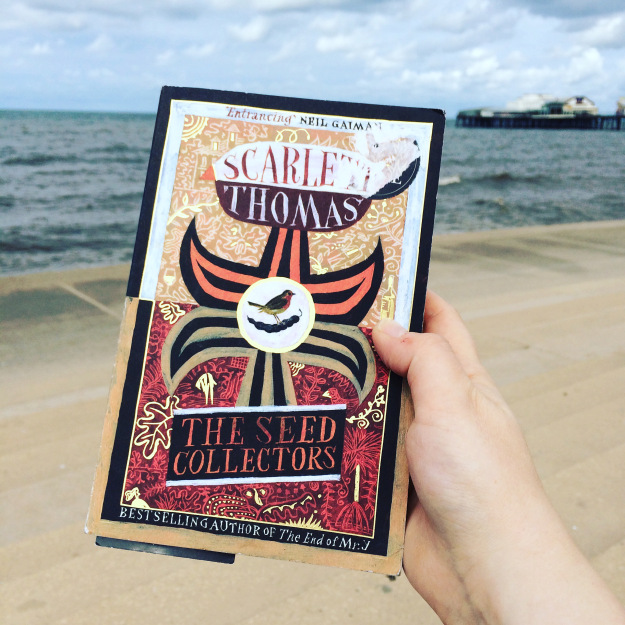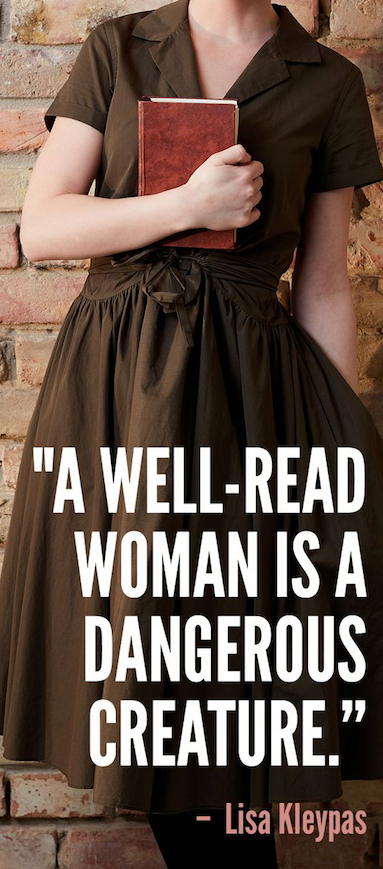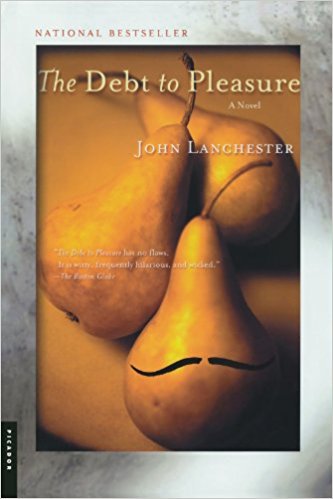
Noun: a use of spells or verbal charms spoken or sung as a part of a ritual of magic; also: a written or recited formula of words designed to produce a particular effect.
Incantational – adjective.
Incantatory – adjective.
[Origin: Middle English incantacioun, from Middle French incantation, from Late Latin incantation-, incantatio, from Latin incantare to enchant.]
(14th Century)
“It seems to me that the menu lies close to the heart of the human impulse to order, to beauty, to pattern. It draws on the original chthonic upwelling that underlies all art. A menu can embody the anthropology of a culture or the psychology of the individual; it can be a biography, a cultural history, a lexicon; it speaks to the sociology, psychology, and biology of its creator and its audience, and of course to their geographical location; it can be a way of knowledge, a path, an inspiration, a Tao, an ordering, a shaping, a manifestation, a talisman, an injunction, a memory, a fantasy, a consolation, an allusion, an illusion, an evasion, an assertion, a seduction, a prayer, a summoning, an incantation murmured under the breath as the torchlights sink lower and the forest looms taller and the wolves howl louder and the fire prepares for its submission to the encroaching dark.” – The Debt to Pleasure, John Lanchester.
Book Note: In all my decades of reading, I’ve read a great many books which could be described as creepy. The Debt to Pleasure is, hands down, the creepiest damn book I have ever read. It’s a compelling read, in spite of the fact that the main character is one without a single redeeming feature. This book gets into your head, and leaves a rather disturbing taste in the brain.
Advertisements Share this: